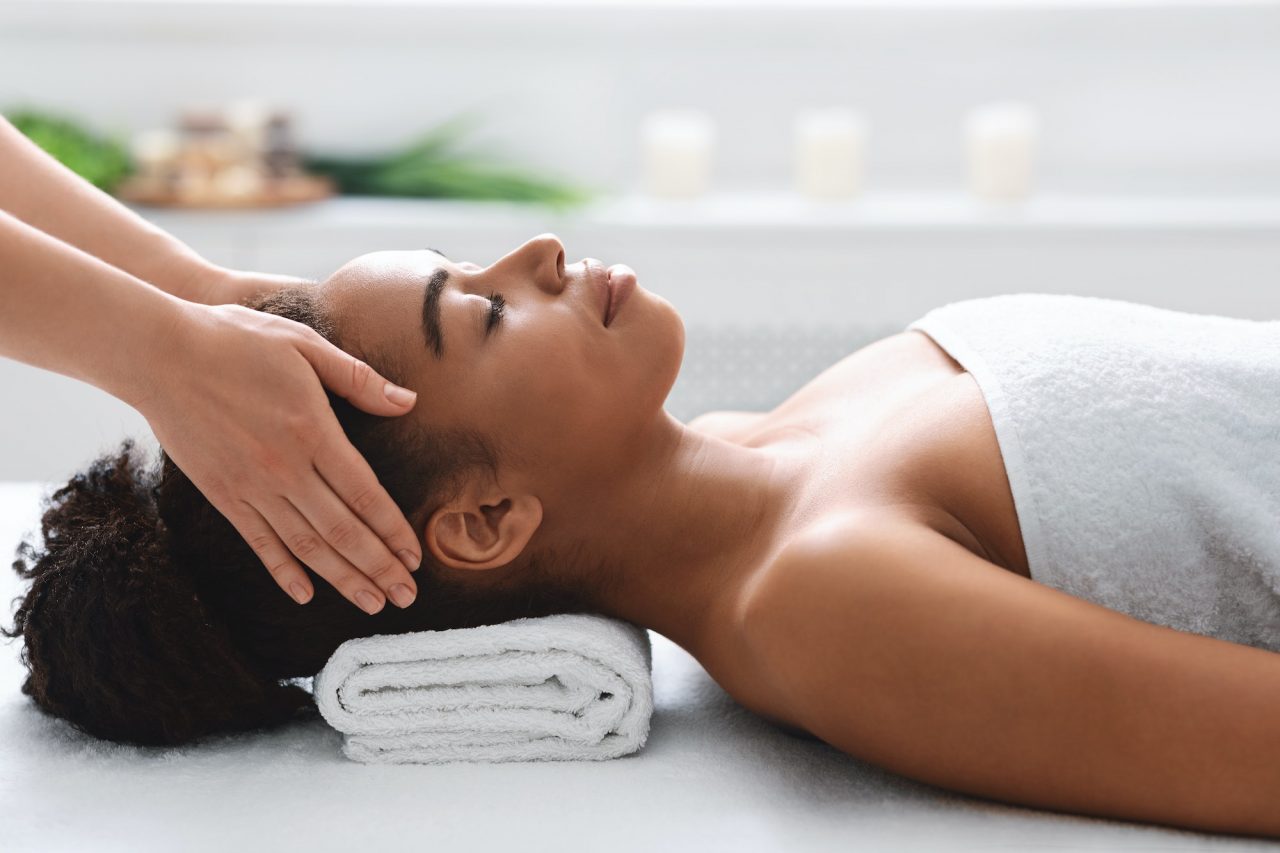Sleep is crucial for our overall well-being, as it empowers us to shape our days and plan for the future. Unfortunately, many women often face unique sleep challenges that tend to go unnoticed or dismissed. In this blog post, we will delve into the factors that affect women’s sleep, explore relevant statistics, and emphasise the importance of quality sleep. Additionally, we will discuss how supplementation can play a role in enhancing the sleep experience.
The Sleep Gender Gap:
Studies show that women have a 40% higher risk of experiencing ongoing sleep issues compared to men. Hormonal fluctuations during perimenopause and reproductive years are often the primary contributors to this disparity. High estrogen levels and low progesterone levels can impact sleep by reducing GABA and dopamine.
Menopause and Sleep Disturbances
Women going through menopause commonly experience sleep challenges such as night sweats and elevated cortisol levels, which can disrupt sleep patterns and overall well-being. We will discuss strategies and natural remedies that can help alleviate sleep disturbances related to menopause.
Nutritional Factors and Sleep:
Women tend to follow trending diets, which may restrict essential macro and micronutrients required for quality sleep. A balanced diet that includes nutrients like magnesium (found in almonds and leafy greens), tryptophan (found in chicken and bananas), and vitamin B6 (found in salmon and sunflower seeds) is vital for promoting better sleep.
The Impact of Sleep Deprivation on Health:
Deep sleep and REM sleep play critical roles in memory consolidation, brain detoxification, cell repair, and hormone production. Insufficient sleep can lead to weight gain, insulin resistance, inflammation, mood-related conditions, autoimmune issues, and cardiovascular disruptions. Therefore, prioritising sleep is essential for optimal well-being.
Supplementation for Quality Slumber:
To improve sleep quality, establish a consistent bedtime routine, avoid late-night TV or computer work, create a relaxing bath ritual or engage in meditation, and reserve your bedroom solely for sleeping. Ensure your room is at the right temperature and properly darkened. Additionally, certain supplements can support sleep hygiene.
Supplementation:
Explore the calming effects of herbal remedies like valerian, Californian poppy, passionflower, and skullcap, as they promote relaxation and better sleep. Supplements such as GABA and 5-HTP can also contribute to overall well-being and restful sleep.
Conclusion:
Women face various sleep challenges due to hormonal fluctuations. Addressing these issues is crucial to achieve quality sleep. Sleep is not a luxury but one of the pillars of optimal health. If you believe that supplementation can support hormone balance, circadian rhythm, and relaxation for a restful night’s sleep, feel free to reach out to us. Prioritising sleep hygiene and seeking support from healthcare professionals when necessary are essential steps towards better sleep.








